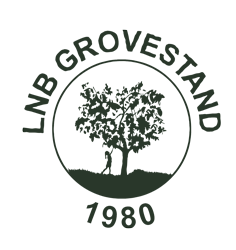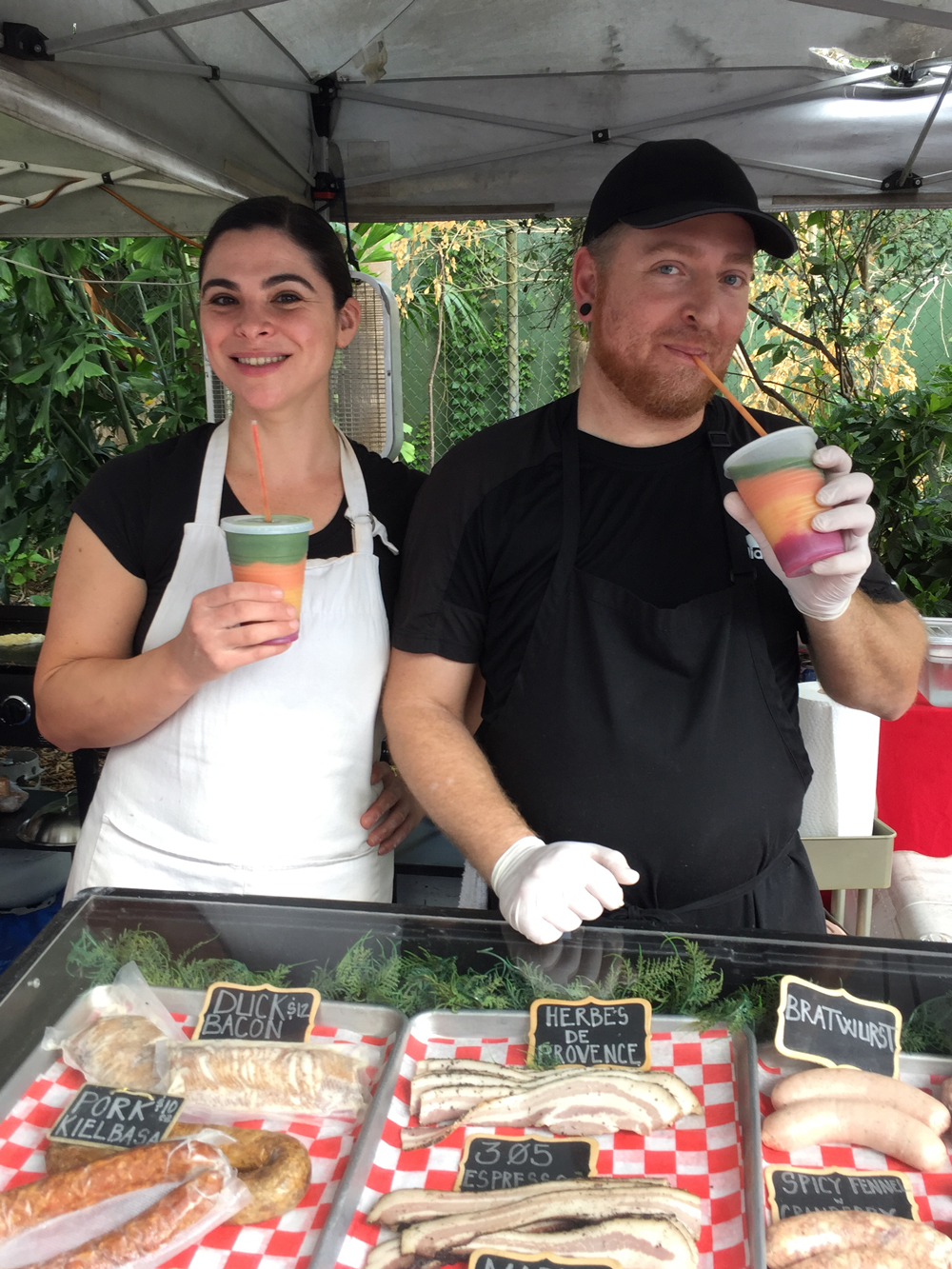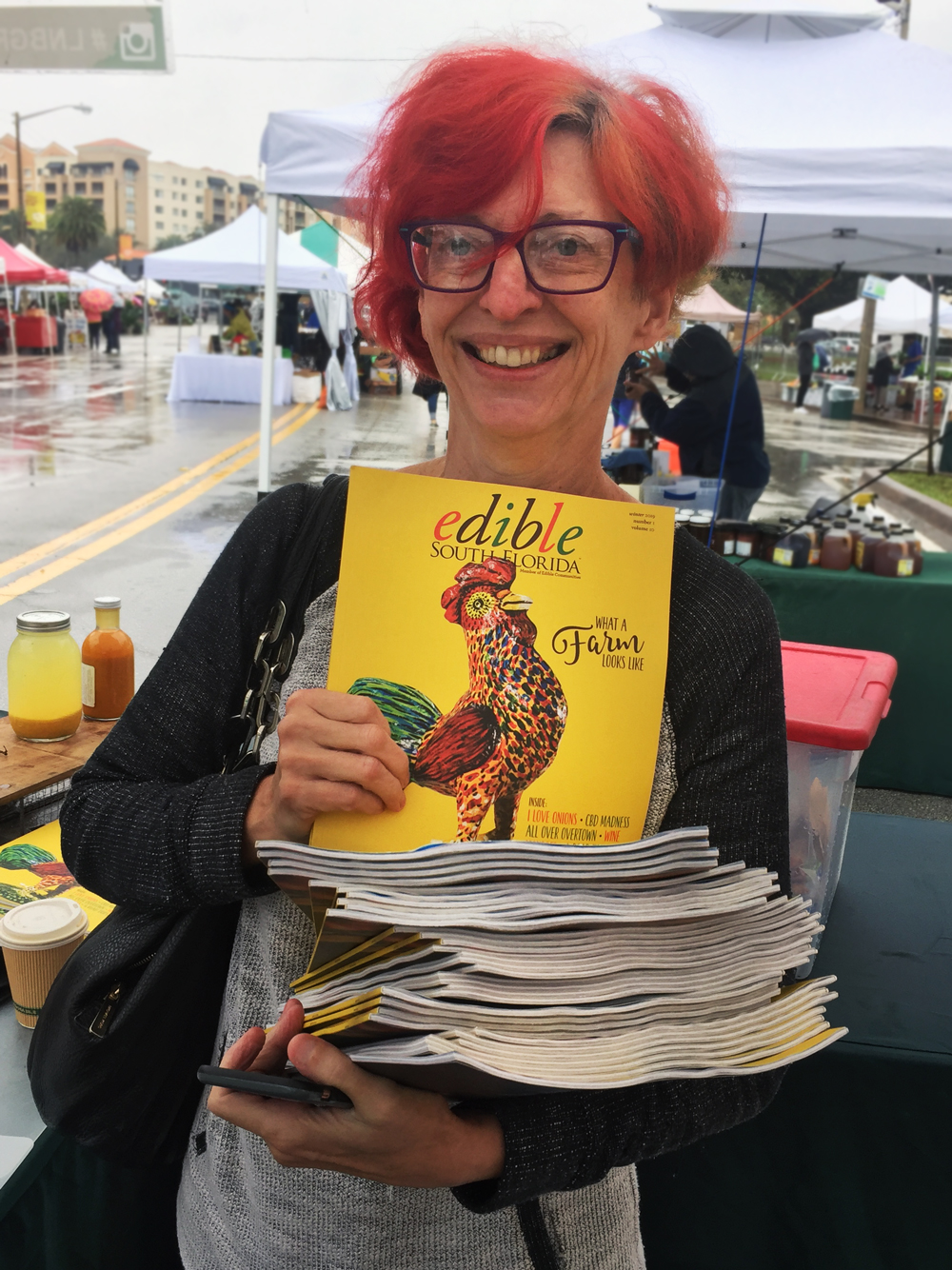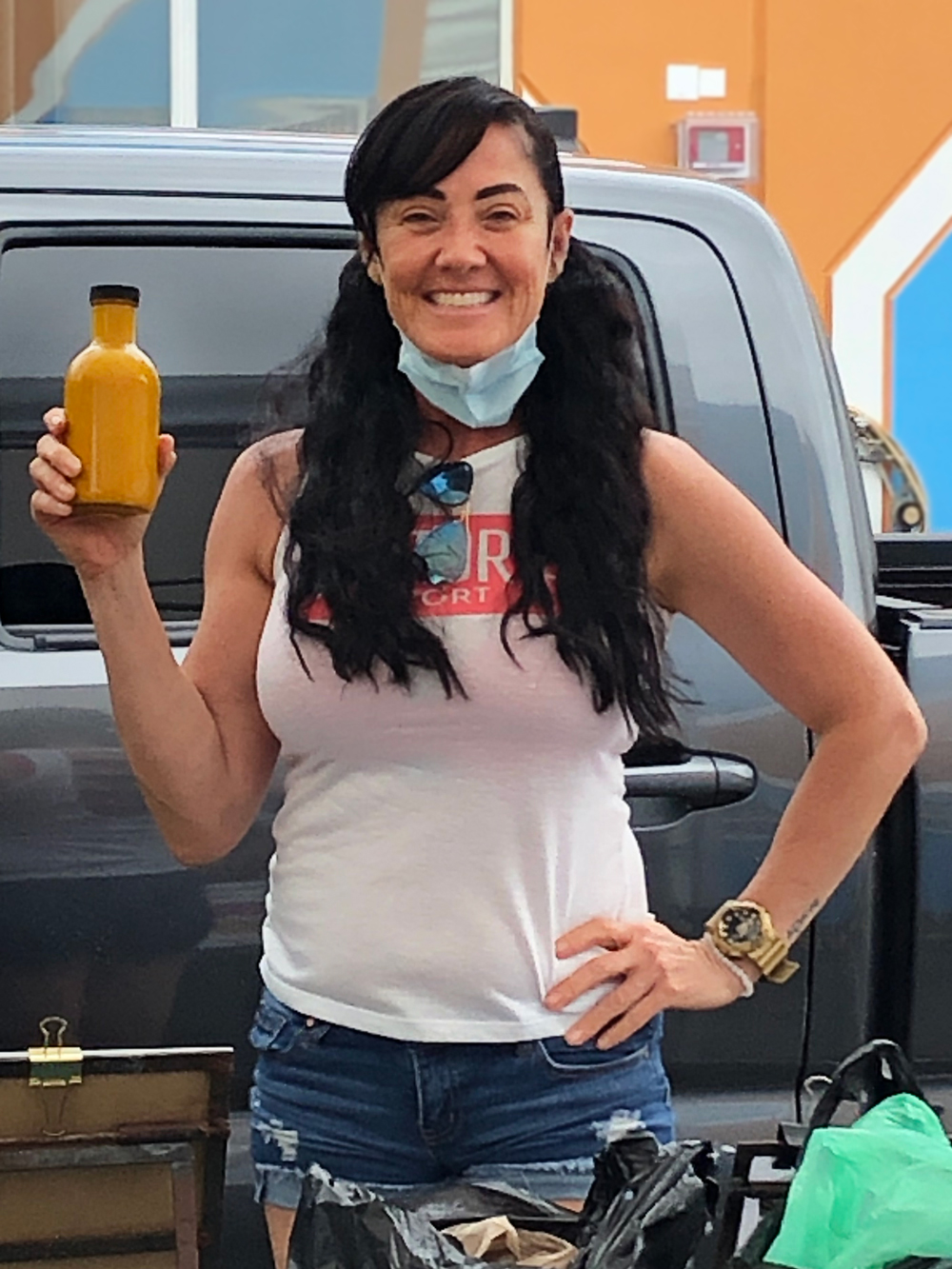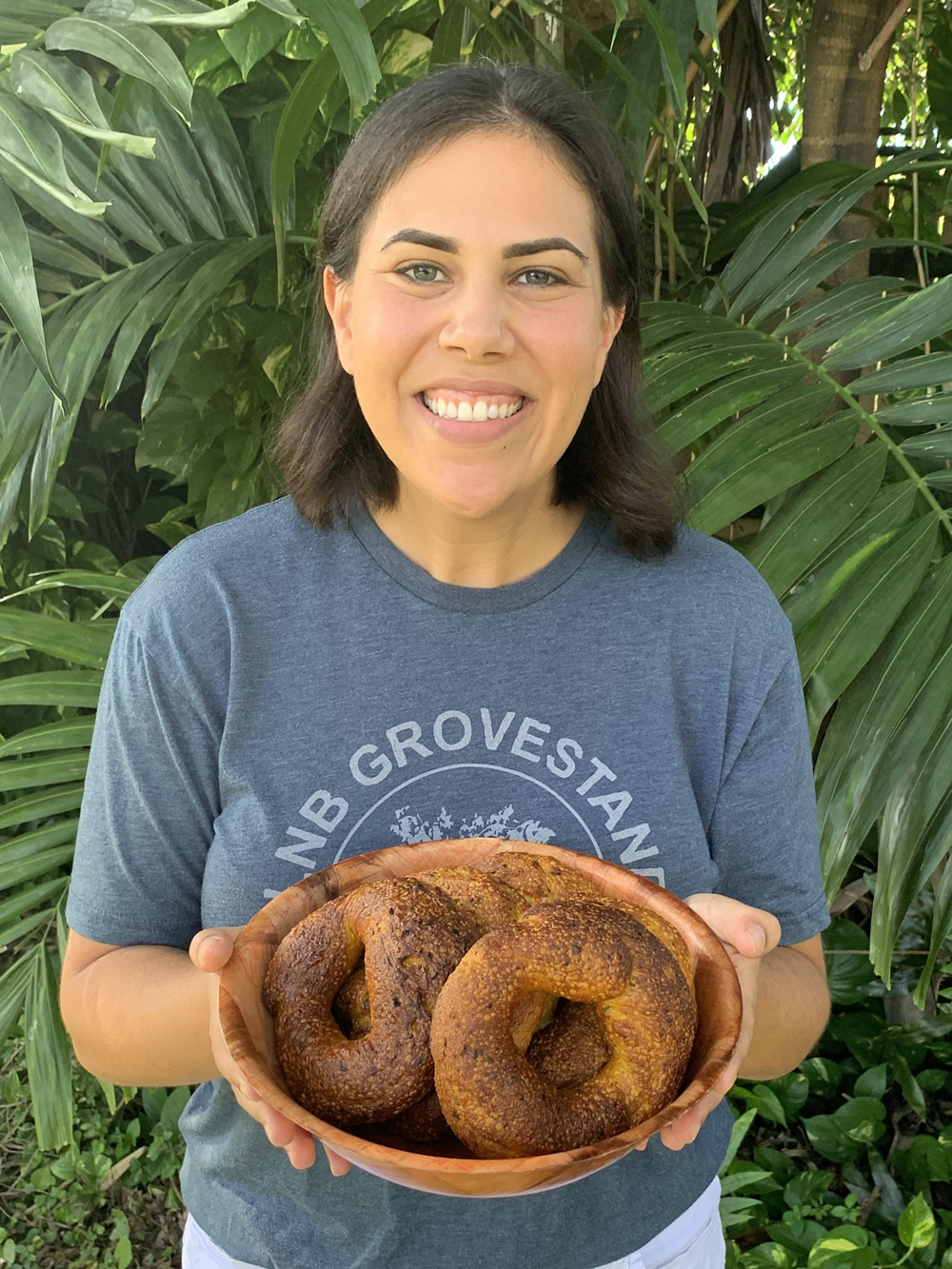
Jody
Name:
Jody Ellenby
Where do you call home?
That’s interesting, a year ago, if you had asked me that question, I would have said my home was in DC, but a big part of my heart and my family and my community were in Miami. I moved back to Miami last March, to ride out this pandemic because this is where I felt the most connected to home for my own survival. I’ve been working remotely from my parent’s home.
Would you share about growing up in Miami?
All of us lived on the farm in the Redland until 1996 when we moved up to the Palmetto Bay area where we still live. I was born on the farm. I went to college in Chicago and it was so cold, that I realized that I took sunshine for granted. What I did not take for granted was being able to share our farm and tropical fruits with all of my friends. I have fond memories of taking friends down for bonfires and birthday parties. I had my bat mitzvah on the farm. The farm is how I define growing up in Miami. Now, I’m rediscovering Miami as an adult. It has changed so much.
Would you tell us a little bit about where you’re working now?
I work for a small network of dual language, public charter schools in Washington, DC. We have a sustainability focus. I am the Instructional Guide. I develop the curriculum and pedagogical approaches to teaching and learning that we choose for our school.
What have you learned about remote teaching this year?
The real answer is that we don’t know the massive impact that this year is going to have on children. In all honesty, I think it’s just as important to consider educators and schools during recovery like we consider healthcare workers and our essential personnel coming out of this pandemic. This pandemic has put on even bigger display some of the inequities in our schools in terms of basic needs. What I’m continuing to learn is that you can not satisfy all of those needs with the current resources allotted. At the end of the day, you could have a phenomenal teacher who has magically figured out how to teach reading to kindergartners in two languages online. But, if you can’t connect with the family or the child, it doesn’t matter.
What are the teachers doing who have magically figured it out?
They have consistent routines, they create spaces to check in with children individually, to communicate actively with families, to engage families in learning, to support families in what resources can work for their child at home and working to meet the needs of the schedule, to have quality videos recorded so that if the child can’t engage synchronously, that they can go back and watch the lesson asynchronously and still engage with the task. One thing that we have done well is a flexible attendance policy. Attending class in person is not the only way to be marked present.
What is your vision when creating a pedagogical approach for your school?
I design so that our classroom spaces can be inclusive environments where all students feel where they belong, where all students feel a commitment and become stewards of their community, a place where all students and educators feel they can be authentic versions of themselves to explore diverse, exciting, new ideas, and to be innovative. Our school is really focused on student agency, and it is exciting for me to get to train educators every day, who are passionate about a similar mission.
Why did you go into education?
I think creativity, curiosity, and wonder – and me being a student of life and wanting to support other students in always growing into their fullest potentials. Once potential is fulfilled, there’s always new potential. That’s one of my favorite quotes and it comes from a ballet director.
Music has been a big part of your life as well. Would you share about your background and how it has helped in other aspects of your life?
I’ve always loved to sing. My undergraduate degree was in ethnomusicology and vocal performance. I got to think about the theory and connections behind music, and it was fascinating. I knew that it wasn’t necessarily practical or grounded in enough social change for me. But, I kept music in my life in subtle ways through joining the choir at my synagogue, writing songs for my nieces and nephews, and through playing piano at home. What music really brought me was understanding the incredible value in self-expression and collaboration towards a product that’s always evolving. I apply a lot of principles that I’ve learned through music and the arts to how I approach everything in my leadership style and my teaching style. Music is just one lens that I can use to view something. I like to cultivate and curate different lenses and perspectives.
You’ve mentioned applying for a PhD this year. What are you thinking about?
Education for sustainability is often defined with the traditional definition of sustainability about social, economic, and environmental systems that can support the current existence of the planet without doing damage to the future. We’ve sort of already failed at that. There’s a separate concept that comes from agriculture. It’s the regenerative principles of giving back to the land and being in reciprocity with your space. If we’re going to replace trees with buildings, our buildings must do the work of trees. We’ve barely skimmed the surface of what it would mean to work towards true equity. There is education theory. There is sustainable and ecological theory. There is critical race theory. There is different indigenous theories from across cultures. There are consciousness theories that I’m very interested in seeing where there’s crossover, there’s religious and spiritual theories. My PhD will support applying the foundational laws of nature and the universe to systems for education. That’s a huge, broad, giant topic. So I’m working to refine it in order to actually apply.
You’ve focused this year on helping us reach our potential as well. What is your vision of us firing on all cylinders?
If we were firing on a cylinders, we would be able to produce and sustain not just ourselves, but nourish the community around us. I have a goal of doing that, whether it’s through the schools that I work with or maybe it’s just one single classroom. If I can impact one teacher’s practice, that one classroom can foster an environment that then can breed more empathy, more community, more sense of place. The farm needs to do that. Schools need to do that. All parts of our social economic ecosystems need to work more cohesively together. And I think that you can do that in small ways, every single day, by leading others, supporting others, affirming others with integrity and with values that are grounded in the laws of nature.
One of the fun projects we’ve worked on together is the Turmeric Everything Bagels. Would you share what you are enjoying about that process?
They’re delicious, and maybe the best bagel I’ve ever had. I think that I’m not even being biased. I’ve always loved baking and Adena is an incredible chef and I love learning in the kitchen from her. I have fond memories of my dad going to pick up weekly bagels. It’s part of my Jewish identity. And, it’s been fun hanging out and making them.
Can you draw any similarity between Turmeric Bagels and education?
Turmeric Bagels are a high quality product. There’s craftsmanship, there’s complexity and there’s authenticity. High quality student work should also have those elements. A high quality deliverable, of any kind must have those three elements.
What stores or business do you support that you might like to share?
Online – I use Patreon. It’s an interesting app-website where independent or less known scholars, artists, people who are producing content can have patrons of their work. I think it is a great way to support scholarship of individuals that you learn from. I primarily support the work of Black women. I’m a student of Rachel Cargle. If anyone wants to know about the best online learning tools for children, I am a huge resource for that and happy to share.
What for you as a worthy splurge?
A worthy splurge is something that is nourishing. Self care can be $0 with a yoga practice, or a fun new outfit to boost your spirit.
What philanthropic or community groups are important to you that you might like to promote or share?
I’m still contributing philanthropically or promoting in Washington DC. Now that I’m going to be calling Miami home, I would love to learn from this community.
What kind of organizations are you looking for?
I look for youth leadership organizations that are promoting student voice and agency. So for example, currently I support an LGBTQIA+ organization that provides safe spaces and free resources to students who are seeking affirming spaces for their ever evolving identities. It’s very important to create safe spaces for children – so, any organizations that are doing that, I would love to support.
What question would you like to ask us?
(JE) What product are you most excited about bringing out next?
(A+W) Maybe our Turmeric Pasta? It’s so good, and simple to make at home. It’s our turmeric concentrate, semolina flour, a little water, and salt. Or maybe Turmeric Challah.
(JE) I’m excited to work on the challah!
What challenge, question, or words of advice might you like to pose to our community?
(JE) How are you actively contributing to the healthy and sustainable future that you want to live in?
Related Posts
Leave a Reply Cancel reply
You must be logged in to post a comment.
